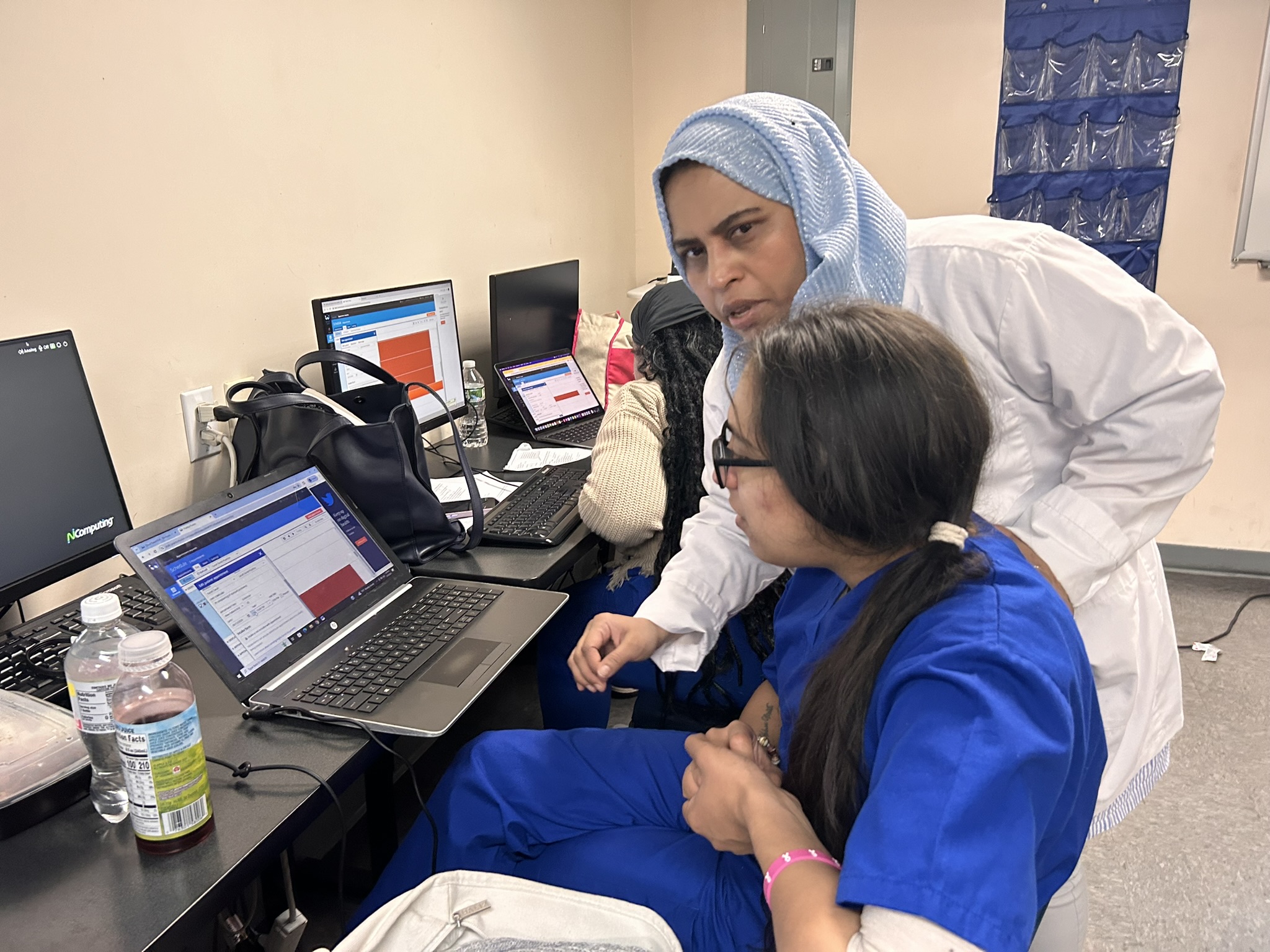Artificial intelligence (AI) and machine learning (ML) are not just buzzwords; they are revolutionizing various industries, including healthcare. Integrating these advanced technologies into healthcare has transformed patient care, diagnostics, and administrative processes. For medical assistants, understanding AI and ML is no longer optional; it’s essential for adapting to and thriving in today’s tech-driven healthcare environment.
What is AI and Machine Learning?
AI refers to the capability of a machine to imitate intelligent human behavior. Machine learning, a subset of AI, involves the analysis of large sets of data, enabling the system to learn from past experiences without being explicitly programmed. In healthcare, these technologies are used to streamline operations, enhance patient care, and improve the overall efficiency of medical practices.
Why AI and Machine Learning are So Important in the Medical Field
AI and ML are pivotal in modern healthcare for several reasons:
- Improved Diagnostics: AI algorithms assist in analyzing complex medical data, which can help in early disease detection and accurate diagnostics. For instance, AI can analyze imaging data faster and often more accurately than human technicians.
- Efficiency in Administrative Tasks: AI systems automate administrative tasks such as scheduling, billing, and patient data management, freeing medical assistants to focus more on patient care.
- Enhanced Patient Interaction: AI-driven tools like chatbots can handle routine inquiries from patients, providing immediate responses and improving patient engagement. ML models can also utilize historical health data to tailor treatment plans to individual patients, considering their unique health profiles and predicting how they might respond to different treatments.
- Predictive Analytics: By analyzing trends and outcomes, AI can forecast patient admissions and manage resources efficiently, preventing overburdening healthcare facilities.
These applications of AI and ML not only streamline healthcare operations but also ensure that medical assistants are equipped to handle their roles more effectively, making them indispensable healthcare team members.
Why Would Someone Need to Know about AI and Machine Learning in the Medical Field?
For medical assistants, integrating AI and ML into their training is not just about staying relevant. It’s about enhancing their capability to provide exceptional patient care.
Knowledge of these technologies enables medical professionals to:
- Interface Effectively with New Technologies: As AI and ML tools become integral to healthcare environments, medical assistants must operate these systems competently, ensuring seamless integration into daily medical practice.
- Improve Patient Interactions: AI-driven insights can help medical assistants provide better patient education, explain diagnostic results effectively, and personalize interactions, enhancing patient satisfaction and outcomes.
- Stay Relevant in a Changing Field: With AI and ML reshaping healthcare, medical assistants must keep abreast of these changes to remain competitive in the job market and effective in their roles.
By understanding AI and ML, medical assistants can better utilize these technologies to improve patient outcomes, optimize clinical workflows, and reduce the potential for human error in administrative tasks. Knowledge in AI and ML enables them to be proactive participants in the healthcare delivery process, understanding and troubleshooting the tech tools that are now at the forefront of medical care.
Be Prepared for the Future of Healthcare with the Allen School
The need for skilled medical assistants is growing. Whether you’re new to the field or want to improve your skills, we can help you prepare for the evolving healthcare industry. Contact the Allen School to learn how we can support your career growth.

